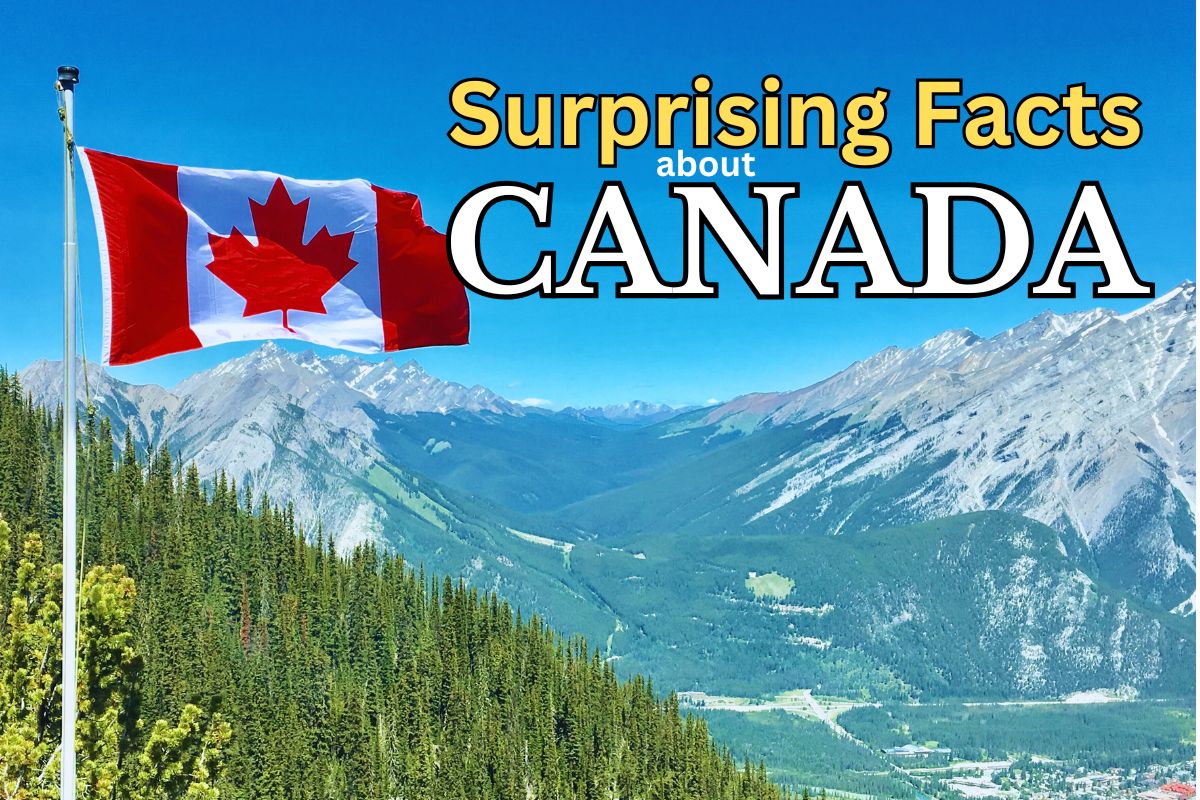7 Surprising Facts About Canada (That You Probably Didn’t Know)

When I tell people I’m Canadian, there are a few things I end up explaining to them that are often met by surprise.
If you are:
- planning to visit Canada
- dream of moving here
- simply curious about Canada
Then you need to read this!
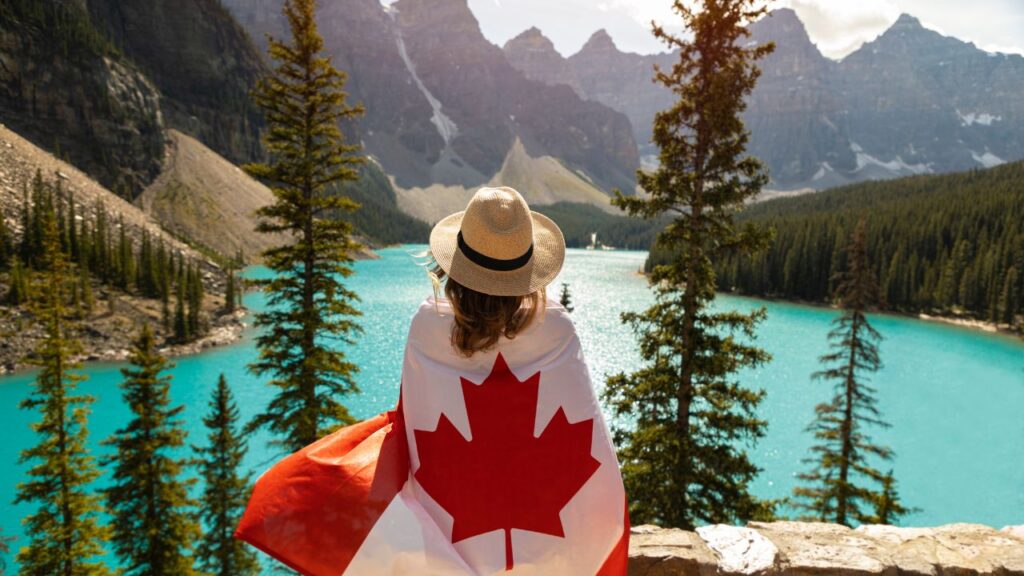
Below you will find the facts about Canada and Canadians that people are most surprised when I tell them during my travels abroad.
Facts about Canada That You Probably Didn’t Know
Here are some of the things I’ve shared about Canada with non-Canadians that were met with surprise. Did you know any of these things already?
1. There’s no ‘French’ or ‘English’ part
When I tell people I’m Canadian, I often get asked if I’m from the “French part, or the English part.”
Many people think of Quebec as being French, and the rest of Canada being English.
While this carries some truth, it’s not exactly accurate.

Here’s what you need to know about French language in Canada:
- There are native French-speaking communities all over Canada. In Ontario, they’re called the Franco-Ontariens. in Saskatchewan, they’re called the Fransaskois
- There is a minority of native English speakers in Quebec, and most of them live in Montreal. Around 9% of Quebecois (people from Quebec) are native English speakers
Quebec is the only province where French is the only official language, and the only province that has French as a dual-official language is New Brunswick. Overall, both languages are the official languages of Canada
2. Many elements of Canadian culture come from our Indigenous heritage
Most people would recognize the common symbols of Canadian culture and identity being things like canoes, dreamcatchers, and inukshuks.
All of these things come from our indigenous heritage, adopted by Europeans who settled here.

These kinds of Canadian symbols make up some of the unique souvenirs and gifts you can find in Canada.
3. “Newfie jokes” used to be very common
People from the province of Newfoundland and Labrador are called “Newfies” in Canada.
Many people from Newfoundland (although not all) have a distinctive Newfie accent. To me, it sounds like a mix of North American and Scottish English.

“Newfie jokes” used to be very common in Canada – the equivalent to blonde jokes. When I was a kid in the 90s, I remember adults telling Newfie jokes.
These jokes weren’t meant to be taken seriously, they were just usually silly jokes – even Newfies tell Newfie jokes. You can see some examples that Canadians shared on Reddit here.
Now though, I can’t remember the last time I heard a Newfie joke in Ontario. I think it’s starting to fall out of style (just like blonde jokes.)
4. ‘Canadian Spelling’ is a thing
Some people assume we just use American spelling, or the British. But really we used neither – we have our own spelling!
Canadian spelling is a mix of American and British English spelling.
- We spell words like colour, favourite, and harbour with a u
- We spell organize with a z
Pro Tip: We also call the letter Z “zed,” not “zee”
5. There are two types of poutine
Poutine is widely seen as a Canadian food – which is true.
But there are two types: the authentic way that poutine is made, and then the knock-off version.

The original way of making poutine is with real cheese curds, which to be honest are strange to eat if you aren’t used to them. They are squeaky, rubbery and springy.
To be honest, I’m not a huge fan. In most parts of Canada, you won’t find the real cheese curds but instead melted mozzarella on poutines. In Ontario, I’ve never come across real cheese curds.
6. Quebecois have a sense of national identity
Most Canadian provinces have elements of their own culture that make them different or unique from the rest of Canada.
Quebecois refer to their province as “notre nation” (our nation) and they even have their own holiday which they call “la fête national.” It’s one of the many festivals in Quebec.

There is a long history of Quebec holding provincial votes to separate from Canada – and each time (so far) they have voted to stay.
To this day, there’s a decent fraction of Quebecois who wish to separate from Canada and become their own country, although most likely still consider themselves Canadian and want to remain apart of Canada.
7. We’re not all bilingual
I wish I could say that we were all bilingual in our two official languages, but that isn’t the case.
I used to work as a French teacher for the public school board in Ontario. There are definitely many English-speaking Canadians who speak French well, but the majority do not.
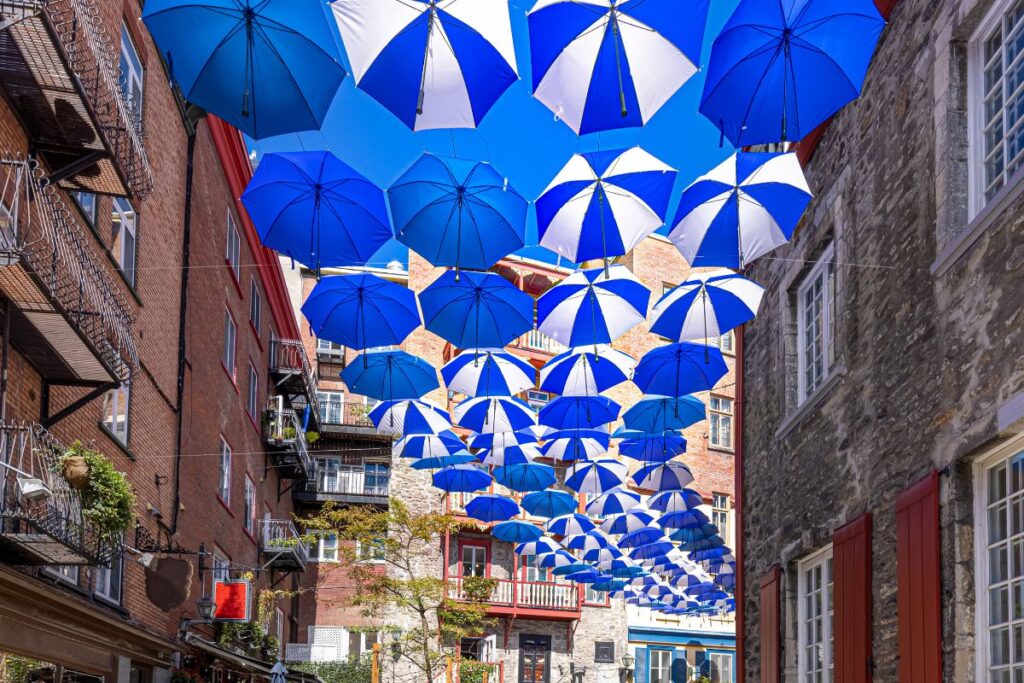
Most English Canadians start learning French between kindergarten and Grade 4, depending on the school they’re at (I started in Grade 4.) French immersion programs are very popular.
In terms of Quebec – if you go to touristy places like Montreal and Quebec City, everyone speaks English very well, especially if they work in tourism. In smaller, remote towns, you may be less likely to find people who are fluent.
French speakers outside Quebec tend to be very bilingual, from my experience anyway!
8. We’re more similar to America than we care to admit
Most Canadians do not want you to mistake them for Americans.
The reality is, all of us (including the Quebecois) both striking similarities and big differences to our neighbours in the south.
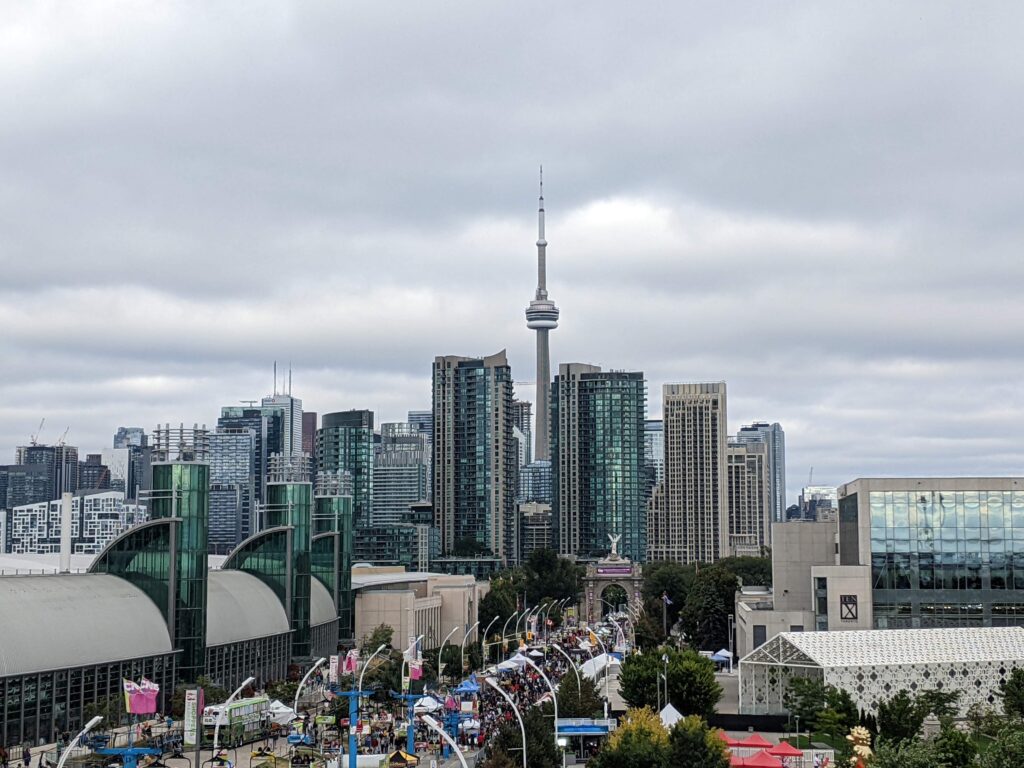
Culturally, we’re very similar – native Canadian English speak the same language as Americans, with a very similar accent, and many of the same slang words.
We consume a lot of the same TV shows and other media, which I think influences this. Words that used to be used in Canada, like “touque” are now sometimes being called the American equivalent word, “beenies.”
9. Politically, we’re very different from the states
Politically Canada is quite different from the United States. How the government is run, how elections are held, and many laws are quite different.
Here are just a few random examples of how things are:
- We have a prime minister, not a president
- Prime ministers are in power for 5 years
- Our main political parties are the Liberals and the Conservatives
- Handguns are illegal
- Mothers typically get 18 months maternity leave, and it can be split between 2 parents
Sometimes, the difference in laws and how things are run is reflected in attitudes, priorities and mindsets that people tend to have. Canadians tend to be a bit more left-leaning.
Canadian Foods and Dishes
Canadian cuisine is hard to define, because what we tend to eat is a mix of our European settlement history, indigenous heritage, and immigrations which brings many new elements to our food. But here are some foods to look for in Canada that aren’t commonly found elsewhere
- Nanaimo Bar
- Butter tarts In English Canada, it consists of butter, sugar, and eggs in a pastry shell, we have several butter-tart festivals that take place in the summer
- Montreal-style bagels
- Bannock bread has both indigenous and Scottish influence. Read about the Canadian style here
- Ketchup chips
- Coffee crisp chocolate bars
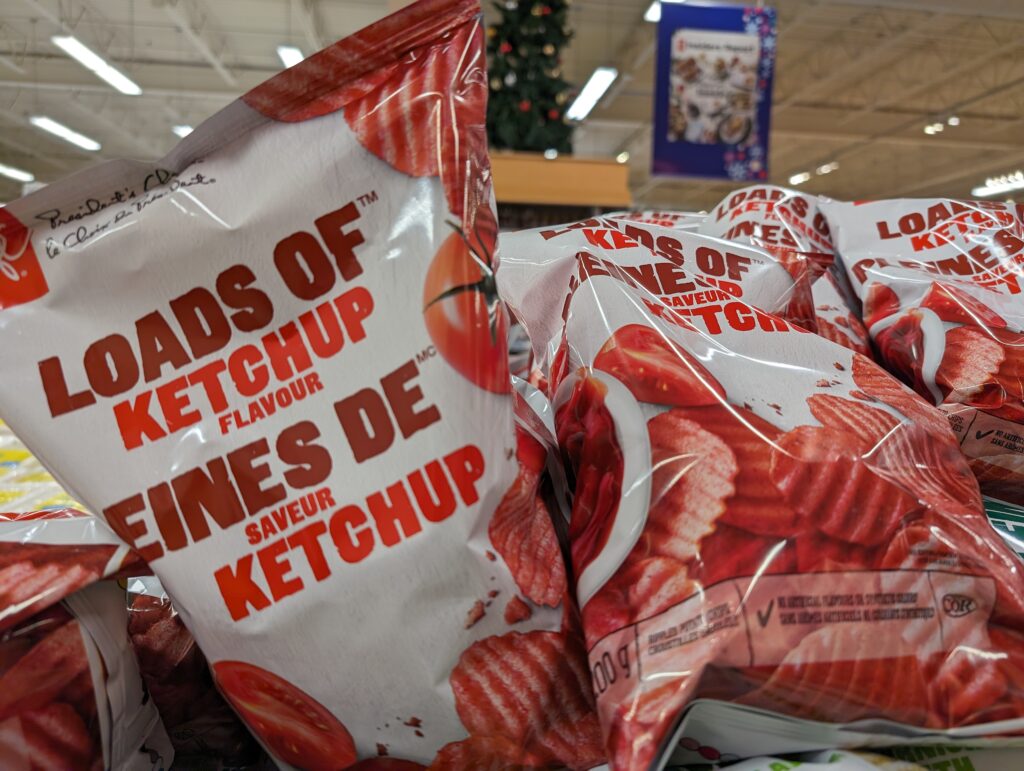
Canadian TV Shows
Unlike the US, Canada doesn’t have a huge film industry but there are some TV shows that are fully Canadian-made, produced and filmed here, and start mostly Canadian actors. Here are a few examples
- Schitt’s Creek – very popular TV show filmed in Ontario, ran for 6 seasons!
- Corner Gas -an older Canadian sitcom that also ran 6 seasons, 2004-2009
- Degrassi – Teen drama franchise with different shows, between the 1980s and 2000s
- Dans une galaxie près de chez vous (In a Galazy near you) Quebec series from the late 90s/early 00s
- Série noire, ran for 2 seasons 2014-2016

